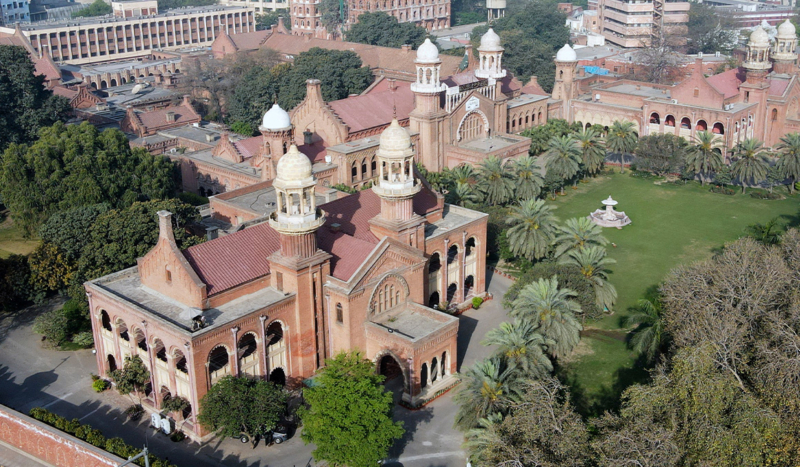
Lahore High Court / Adobe Stock
Pakistan’s Supreme Court recently freed Anwar Kenneth, a mentally ill Catholic man who spent 23 years on death row after being convicted of blasphemy.
The 72-year-old had been imprisoned since 2001, despite medical evidence of his condition, for allegedly writing letters deemed offensive to Islam, UCA News reported.
A three-judge panel overturned Kenneth’s conviction June 25, concluding that individuals with mental illness cannot be held criminally liable. Doctors had recently reaffirmed Kenneth’s diagnosis, which had been long documented yet ignored by lower courts.
Kenneth was taken into custody in Lahore in 2001 after authorities claimed he had mailed letters viewed as offensive to Islamic teachings. In 2002, he received a death sentence along with a hefty fine nearing $18,000. Despite repeated attempts by his defense to present evidence of his mental illness, including formal appeals and psychiatric assessments, the Lahore High Court reaffirmed the conviction more than a decade later, in 2014.
His case reflects a broader pattern in Pakistan, where blasphemy laws are used with alarming frequency and often based on little more than public sentiment or online rumors. According to a 2024 Human Rights Watch report, blasphemy charges rose sharply — from 11 cases in 2020 to at least 475 this year — many originating from viral accusations on social media.
CatholicVote previously highlighted how Pakistan’s blasphemy laws, and the societal attitudes they fuel, leave Christians in a state of constant threat — vulnerable not only to mobs but also to a legal system that rarely offers justice. Even if they are baseless, accusations can destroy families, ruin lives, or lead to deadly vigilante violence.
>> ‘A dark age of intolerance’: Christian persecution soars in Pakistan <<

